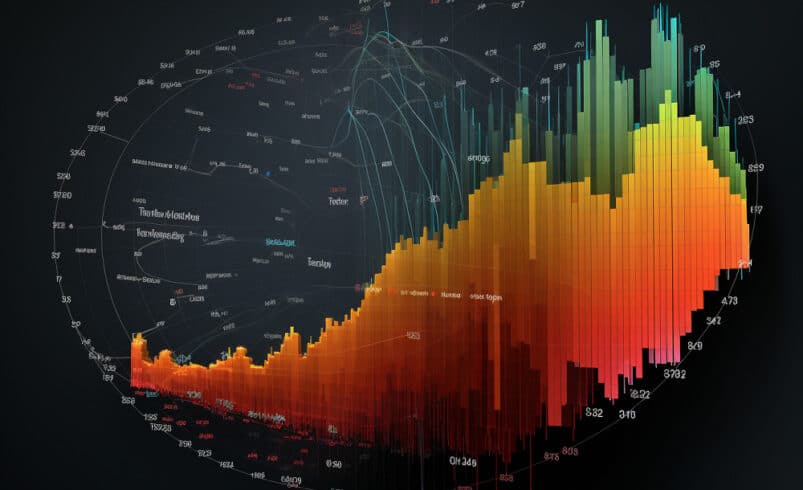AI Regulations: EU Advances Regulatory Framework With AI Act

The 27 member states comprising the EU have unanimously voted to approve the final text of the AI Act in December 2023. The AI Act will cover the EU’s application of the technology from government use to regulations.
Reaching Consensus For AI Regulatory Framework
The European Union (EU) has significantly improved its legal environment for integrating and using artificial intelligence (AI). The latest move comes after member states ratified the final version of the EU’s AI Act to make way for implementing the new guidelines.
According to the EU’s Commissioner for the Internal Market, Thierry Breton, all 27 member states signed the “political agreement” in December 2023. Commissioner Breton emphasized the AI Act’s historical significance and commended it as an innovative global initiative.
The AI Act, distinguished by its risk-based methodology, is a comprehensive approach to supervising artificial intelligence applications. The agreement aims to address several issues, including the government’s use of the technology in biometric surveillance and the regulatory structure that governs AI systems like ChatGPT.
It also touches on the necessary transparency standards to be followed before AI products launch. After the December 2023 political agreement by the EU member states, the principles agreed upon by all parties are now in a final text, awaiting legislative approval.
This resulted in the key “coreper” vote on February 2 by the permanent representatives of all member states, endorsing the regulatory provisions outlined in the EU’s AI Act.
Deepfakes And France’s Objection Of The AI Act
Deepfakes, which are convincing faked videos created by AI systems trained on web information, have caused widespread concern among experts. According to them, these digital inventions can blur the line between fact and fiction on social media platforms, thus influencing public conversation.
Margrethe Vestager, the European Commission’s Executive Vice President for A Europe Fit for the Digital Age, stated that the larger the danger associated with AI, the higher the obligations for developers. Vestager presented scenarios such as AI’s use to evaluate job applicants or determine admittance to educational programs to demonstrate the AI Act’s focus on high-risk circumstances. However, France’s withdrawal from supporting the Act was a defining moment.
Awaiting The AI Act’s Implementation
The AI Act’s path to enactment includes a vital vote by an EU lawmaker committee on February 13, followed by a further European Parliament vote in March or April. However, the Act’s implementation date is 2026, with some parts taking effect earlier.
Furthermore, the European Commission is proactively establishing an AI Office to ensure compliance with high-impact core models that pose systemic risk. Steps have also been taken to support local AI developers, such as improving the EU’s supercomputer network for more effective generative AI model training. These efforts demonstrate the EU’s commitment to navigating AI-related problems while promoting responsible development and deployment among its member states.
Trump’s Skepticism About AI
Meanwhile, Donald Trump, a prominent Republican figure and former President of the United States, has described artificial intelligence as “the most dangerous thing out there.” While speaking in a recent interview, Trump reiterated his concerns about the inherent hazards associated with AI, stating that, in his perspective, “there’s no real solution.”
Furthermore, the former President addressed the subject of deepfakes. He described it as a “tremendous problem” without a feasible solution, even among experts.
TradeZoneCrypto.com offers high-quality content catering to crypto enthusiasts. We’re dedicated to providing a platform for crypto companies to enhance their brand exposure. Please note that cryptocurrencies and digital tokens are highly volatile. It’s essential to conduct thorough research before making any investment decisions. Some of the posts on this website may be guest posts or paid posts not authored by our team, and their views do not necessarily represent the views of this website. TradeZoneCrypto.com is not responsible for the content, accuracy, quality, advertising, products, or any other content posted on the site.









